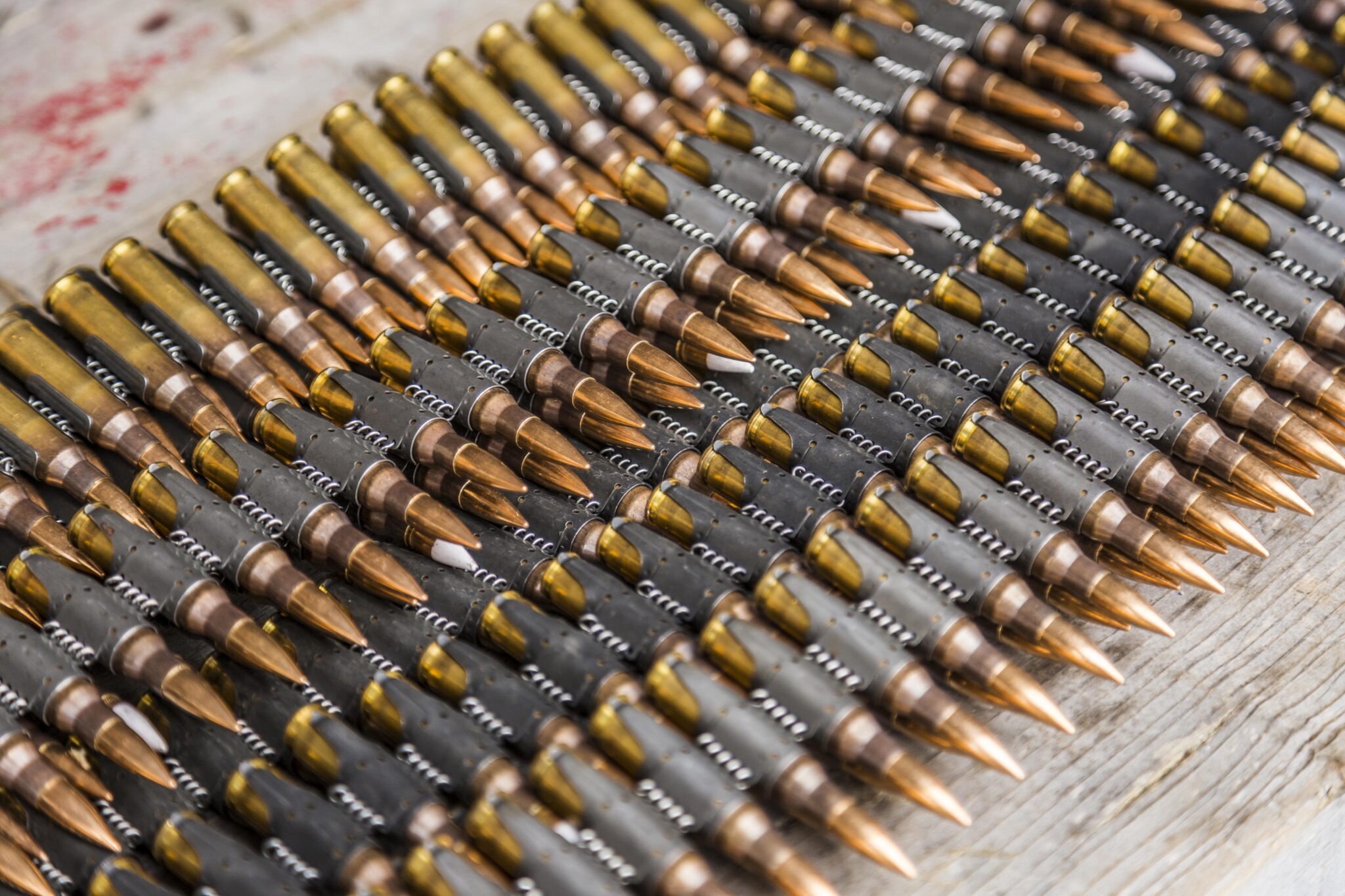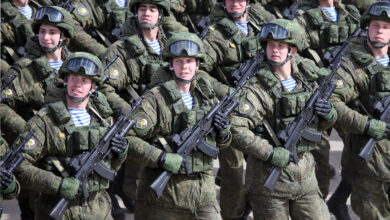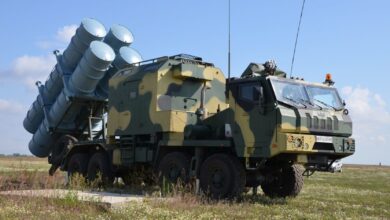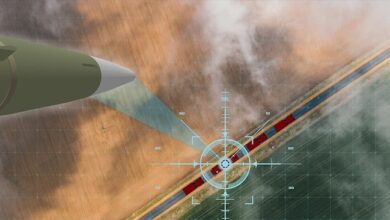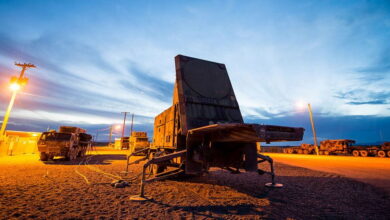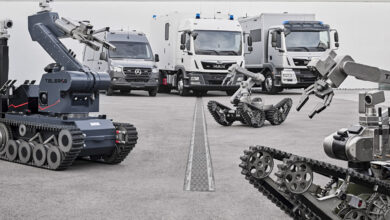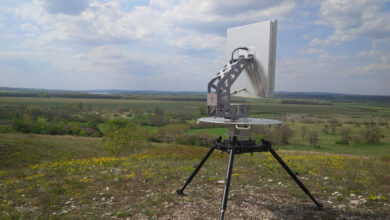Estonia has selected an industry partner for an ammunition and explosives manufacturing line at the Ämari air base in the country’s north.
Organized by Estonia’s National Center for Defence Investments (RKIK), the project will be used to sustain the firepower capabilities of the military and its allies starting in 2025.
Out of three proposals, the government chose Parnu-based Nitrotol OÜ to lead the factory’s operations by the spring of next year.
RKIK noted that the decision was made according to the Estonia Defence Forces’ current requirements, associated costs, turnover, and contractual coverage.
Nitrotol’s production works will encompass about 8,900 square meters (95,799 square feet) of area at the air base.
“The action plans of all three companies were realistic and reliable, but Nitrotol OÜ’s offer stood out for its thoroughness, thoughtfulness and transparency,” RKIR State Assets Head Tambet Tõnisson explained.
“The action plan presented by them and the answers given to additional questions convinced us that the company has done sufficient preparatory work to achieve the results within the promised time frame.”
Larger Defense Manufacturing Site Expected
The agency said that the start of the Ämari shell manufacturing effort will coincide with Tallinn’s planning and construction of another primary defense industrial park in the country.
“Today’s security situation requires us to take quick steps to develop Estonia’s national defense and defense industry,” Estonian Defense Minister Hanno Pevkur stated.
“Ämari Mini Defense Industrial Park will enable us to start ammunition production in Estonia in the near future. In addition, preparations are underway for the construction of an even larger defense industrial park. These steps will help strengthen Estonia’s defense capability, create new jobs and also contribute to the country’s economy.”
Estonia’s Ämari Installation
The Ämari air base was reopened in November 2024 as part of Estonia’s objective to match its military infrastructure with modern military needs.
It was established during the Soviet era and was later inducted under Tallinn’s administration following the socialist republic’s dissolution in the early 1990s.
After Estonia joined NATO in the 2000s, the site was transformed into one of the alliance’s multinational bases in Europe.
The budget for the base’s latest renovation included $12.9 million from Luxembourg.


